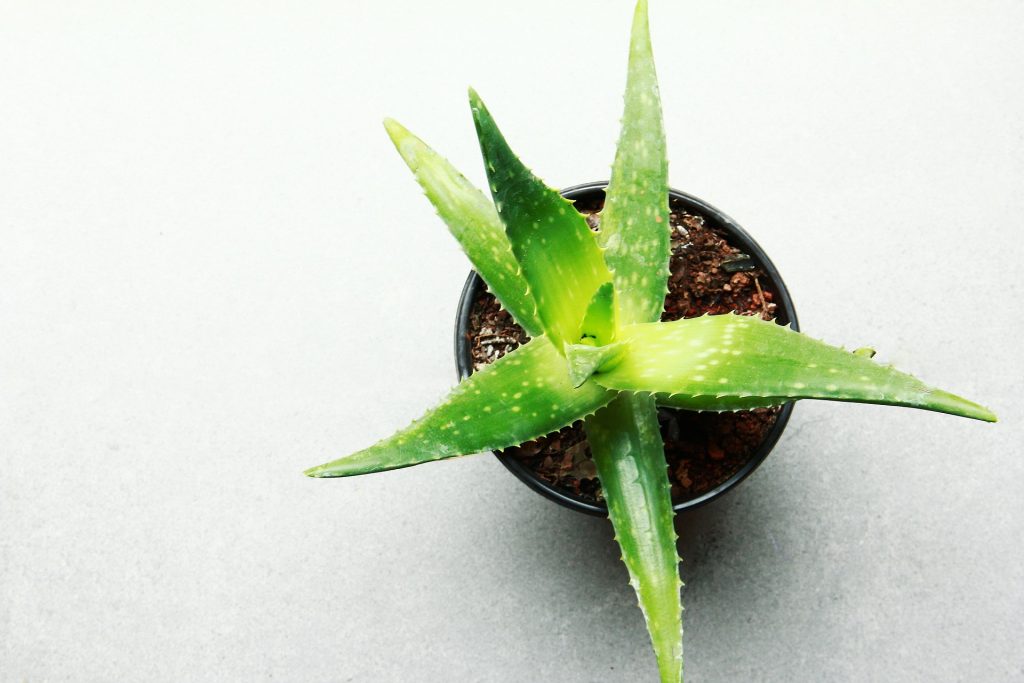April 15 is right around the corner. Have you finished filing your tax returns? When you are a business owner like I am, you have to think about tax issues constantly. Sometimes it feels like we are all employees of the IRS when you think about it.
When you think about taxes, you put a lot of thought into your deductions. Most people know about the big ones: mortgage interest, retirement plan contributions, childcare, and the standard deductions for people and dependents. Thanks Ted and Allie!

There are plenty of ways it makes sense to take tax deductions for plants. Just in time for April 15! Illustration: DarkWorksX/Pixabay
What a game changer if we could make plants tax deductible! Many financial experts tell you if you can make a reasonable argument, the IRS will at least consider some unusual tax deductions. You can find some crazy ones using a Google search. With a little common sense, creative thinking, and smart suggestions from my co-author on this post, financial adviser Burton Grantham, we came up with plenty of possibilities involving plants.
Millennials have gone crazy for plants. They care for them and give them love and affection like they are children. They should qualify for the expanded child tax credit. Some plants are pretty fussy and take a lot of attention. This defines a dependent, doesn’t it?
Plants have so many benefits for our health, both physically and mentally. Plants clean the air we breathe, remove environmental toxins, combat global warming, create a more hospitable workplace, reduce noise pollution, and improve our wellbeing through our connection to nature. Plants should qualify for a medical expenses deduction. Why not? A homeowner successfully won a tax law case for deducting the cost of putting in a swimming pool to improve and maintain his health.
You can claim a legitimate tax deduction for home landscaping if you’re one of the many people who now works from a home office. There is even a legal tax precedent: In Langer v. Commissioner, a man who regularly met clients in his home office spent money on landscaping and lawn care to maintain a professional appearance. The Tax Court allowed part of the landscaping costs and even money for lawn care and driveway repairs.
You might be able to deduct landscaping expenses if they are an integral part of your home business. You area required to show why the landscaping is relevant. Maybe your business caters to upper-income clients that would be reluctant to do business with you, or your home business involves gardening or landscaping.
If something is used to benefit your business and you can document the reasons for it, you generally can deduct it off your business income.
When larger businesses hire Good Earth Plant Company and pay us to maintain their plants or their living walls, or install replica plants, the business can deduct the expense in many cases. Another good reason to let a professional do it!
Businesses have been allowed to deduct the cost of care for guard dogs to maintain their property. How about extending this idea to the installation and care of a living fence made from spiny types of cactus to protect your property? We love this idea.
Let’s start thinking even better. Plants benefit our environment, so how about an environmental credit? They also reduced carbon dioxide in significant ways. So how about extending carbon credits?
For plants grown or “made” in the USA, shouldn’t they qualify for the research and development manufacturing credit?
Here’s a fun plant tax fact: in California, since dates are grown as food for human consumption, the sale of palm trees that produce edible dates are exempt from sales tax, even if those trees are purchased mainly for landscaping or ornamental purposes. Unfortunately, this tax exemption does not apply to palm trees that produce inedible types of fruit.
Lucky for all of us, the IRS hasn’t figured out a way (yet) to tax your green thumb. So you can still get creative in the garden for free, even if you can’t figure out a way to get creative on your tax returns this year.
NOTE: I’m an expert Eco-Warrior, but I am NOT a tax professional and I am not qualified to give legitimate advice on tax issues. Talk to a real financial pro like I do when dealing with the IRS and other tax issues. The only real value of this blog is your entertainment ONLY – and for me venting my all American frustrations with taxes. Happy April 15th!



